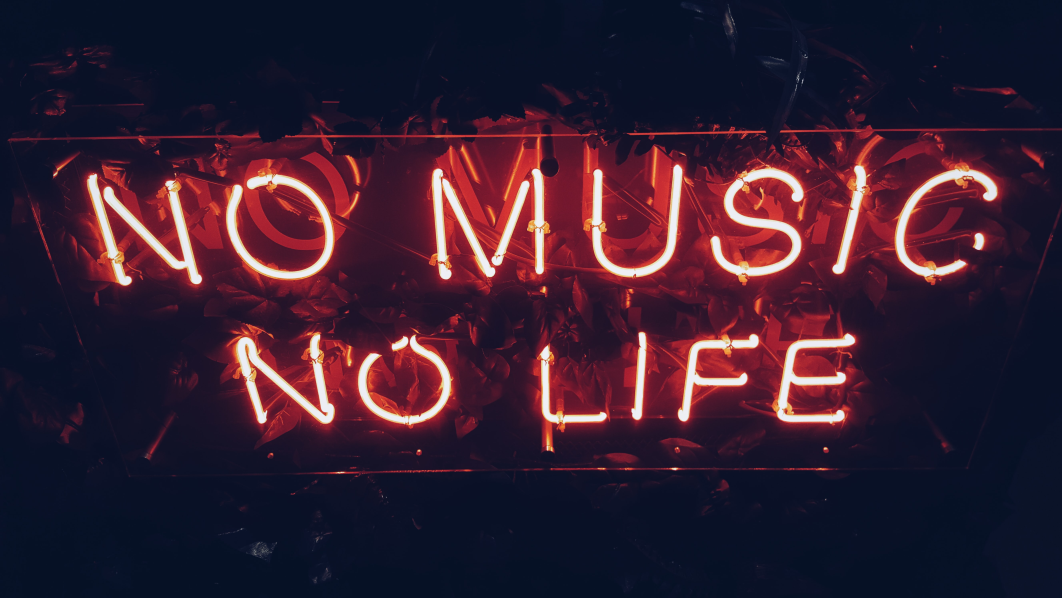Introduction
Music has been a part of human culture for thousands of years and has been used for various purposes such as religious ceremonies, storytelling, and entertainment. But one of the most common reasons people listen to music is to improve their mood and boost happiness. But does music really have the power to make us happy? In this article, we will explore the relationship between music and happiness and try to answer this question.
The Science Behind Music and Happiness
The connection between music and happiness can be traced back to how our brains process music. When we listen to music, our brains are stimulated in a way that releases neurotransmitters such as dopamine and serotonin. These neurotransmitters are responsible for regulating our emotions and mood, and play a crucial role in our overall well-being and happiness.
Studies have shown that music has a direct impact on our emotions and can significantly improve our mood. For example, listening to uplifting music can increase feelings of joy and happiness, while listening to relaxing music can reduce stress and anxiety. This is because music has the ability to affect our heart rate, breathing, and other physical responses, which in turn can impact our emotional state.
The Power of Personal Connections
Aside from the scientific explanation, the connection between music and happiness can also be traced back to personal experiences and memories. Music has the ability to evoke memories and emotions, and it can take us back to specific moments in our lives. This personal connection to music is what makes it such a powerful tool for improving our mood and happiness.
For many people, listening to music is a form of self-expression and a way to connect with others. Sharing music with friends and discussing our personal connections to it can bring us closer together and foster a sense of community and happiness.
Music and Empathy

Music has the ability to evoke emotions not just in ourselves but in others as well. By listening to music, we can understand and relate to the emotions that the artist is expressing. This empathy and understanding can lead to a greater sense of connection and happiness, both in ourselves and in others.
Music and Positive Social Interactions
Music can also serve as a social lubricant, making it easier for people to interact and connect with each other. Whether it’s dancing to a shared favorite song or singing along to a ballad, music has the ability to bring people together and create positive social interactions. These interactions can lead to increased happiness, as well as improved self-esteem and a sense of belonging.
The Effect of Music on Physical Health
In addition to its emotional benefits, music can also have a positive impact on our physical health. Studies have shown that listening to music can lower blood pressure, reduce chronic pain, and even improve our immune system. By reducing stress and improving our overall well-being, music can play a crucial role in improving our physical health and happiness.
Music as a Therapeutic Tool
Music therapy is a growing field, and for good reason. Music has been shown to be an effective tool for managing mental health conditions such as anxiety and depression. Music therapy involves using music to address emotional, cognitive, physical, and social needs, and can be an effective alternative to traditional forms of therapy.
Conclusion
In conclusion, music has the power to make us happy, both scientifically and personally. Whether it’s through the release of neurotransmitters, personal connections and memories, empathy, or positive social interactions, music has the ability to improve our mood and boost our overall happiness. Whether we’re listening to music to relax, to dance, to improve our mental health, or simply to enjoy the moment, its impact on our happiness is undeniable. So, music can be considered a powerful tool that can have a positive impact on our lives.
Moreover, the type of music we listen to also plays a role in our happiness. Different genres of music can evoke different emotions and moods, so it’s important to choose the music that best fits our needs and moods. For example, classical music is often used to reduce stress and improve sleep, while upbeat pop or rock music can increase energy and motivation.
It’s also worth noting that the benefits of music extend beyond just listening to it. Engaging in musical activities, such as playing an instrument or singing, can also have a positive impact on our happiness. These activities can serve as a form of self-expression, improve self-esteem, and even boost cognitive function.
In conclusion, music has the ability to make us happy in a number of different ways. Whether it’s through its emotional impact, personal connections, empathy, or positive social interactions, music has the power to improve our mood and boost our overall happiness. So, the next time you’re feeling down, consider putting on your favorite tunes and let the music work its magic.
In the end, music can be seen as a simple yet powerful tool for happiness that can be enjoyed by people of all ages, cultures, and backgrounds. So, whether you prefer classical, pop, rock, or any other genre, remember to embrace the power of music and let it bring happiness into your life.